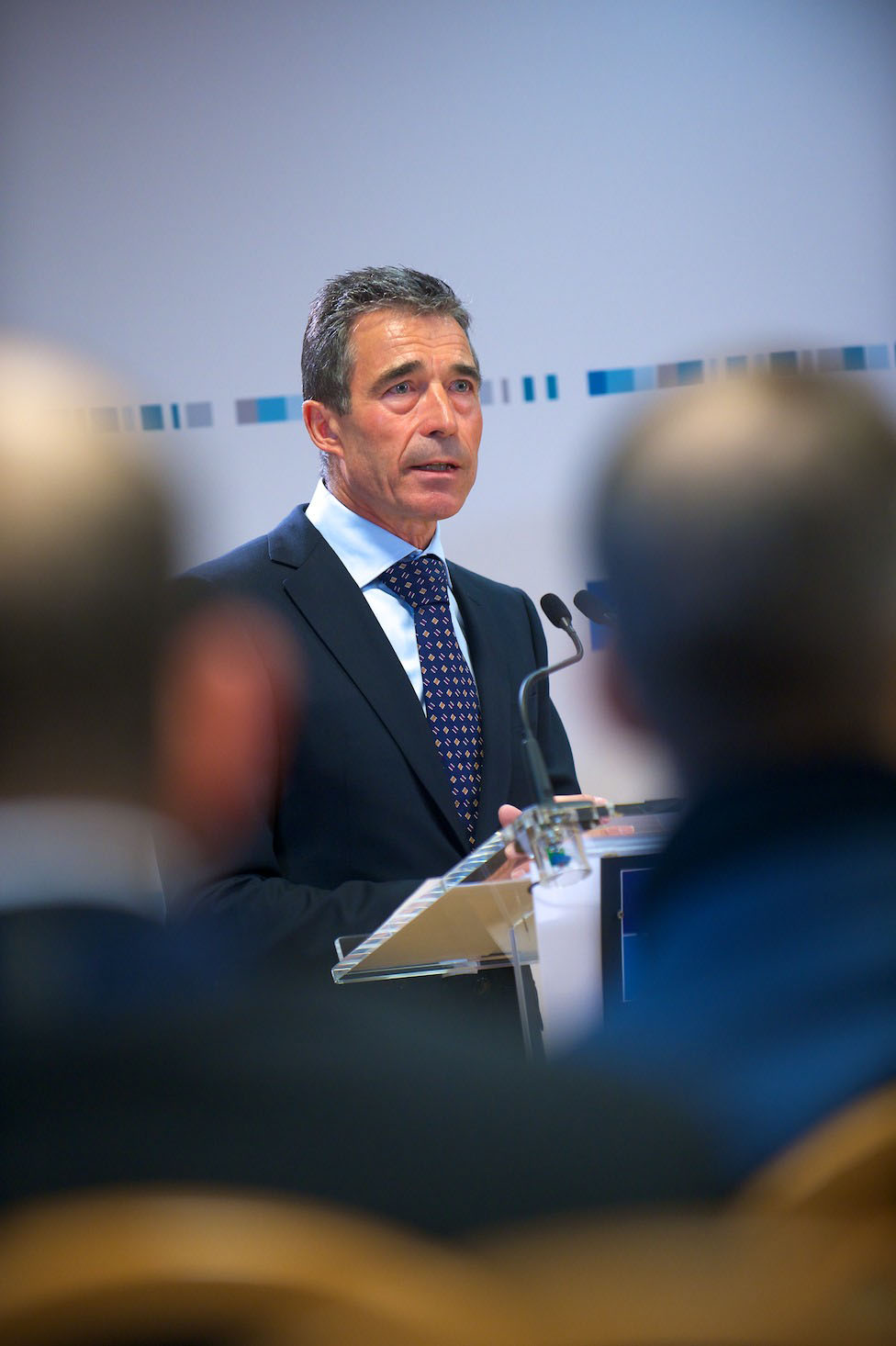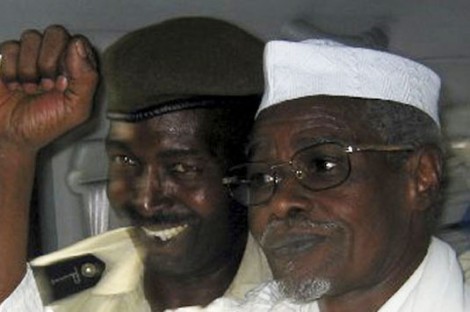The aim of my first article was to shed some light on and give more exposure to the concept of the NATO Annual Report and more specifically, to the 2013 NATO Annual Report. The report is a publicly available document that was released just last month documenting the progress that the organization made in the last calendar year. In that article, I focused more on the financial dynamics in NATO highlighting the all out push towards optimal efficiency and NATO’s financial limitations. I will move away from financial matters in this article and focus on another major theme in the report, NATO expansion.
[captionpix align=”left” theme=”elegant” width=”300″ imgsrc=”http://natoassociation.ca/wp-content/uploads/2014/02/Annual-Report.jpg ” captiontext=”Secretary General Fogh Rasmussen discusses his Annual Report with the Media”]
NATO’s Expansion Shows No signs of Slowing Down
A major takeaway from the Report was that NATO’s expansion looks set to continue unabated. Eastward expansion is still on track. In 2013, Bosnia and Herzegovina, Montenegro, the former Yugoslav Republic of Macedonia, and Georgia all moved closer to finally realizing their goals of becoming full time NATO members by implementing reforms required to become members. Despite Russian reservations, the attractive benefits of being a NATO member means that NATO’s eastward expansion is all but inevitable at this point.
NATO expanded its African Network to include the Horn of Africa Nation of Djibouti with an agreement to establish a liaison office to support Operation Ocean Shield, NATO’s counter-piracy operation. NATO also strengthened ties with Mauritania by agreeing to help the country build a national operational coordination centre for civil protection.
In the Asia-Pacific region, NATO further strengthened ties with Japan by signing a Joint Political Declaration confirming the shared interests between the two international actors in promoting international peace and security. Secretary General Rasmussen also made the first ever visit of a NATO Secretary General to the Republic of Korea, an ISAF contributor and a state interested to strengthening ties with the Alliance.
Not All Key Regions are Covered in the Report
In spite of all the good work that NATO has done in many regions of the world, I could not help but notice the conspicuous absence of two key regions in the Annual Report, Latin America and Sub-Saharan Africa. As I have said in the past, establishing strong ties with Sub-Saharan Africa is of paramount importance in the context of NATO’s ultimate goal to effectively counter terrorism all over the world and in light of the significant terrorist expansion into the region.
Latin America is just as important as Sub-Saharan Africa. A possible reason why NATO has not really been able to establish a stronger presence in Latin America is the lingering Cold War attitudes amongst the regions main leaders. Leaders like Evo Morales in Bolivia, the Castro brothers in Cuba and Hugo Chavez and Nicolas Maduro in Venezuela, still retain this Cold War notion of NATO that makes it an American foreign policy instrument rather than a key international institution. To its credit, NATO is making an effort to improve relations with Latin America as demonstrated by it strengthening of ties with Colombia last year. It was big news last year when Colombian president Juan Manuel Santos declared Colombia’s intention to seek closer ties with NATO thus giving the organization a conduit through which to try and improve relations with the rest of the region. It is important to note that this does not presume NATO’s lack of interest in these regions but it shows that NATO still has some work to do if it wants to truly achieve its goal of helping to maintain international peace and security on a much broader scale than its Cold-War mandate.



